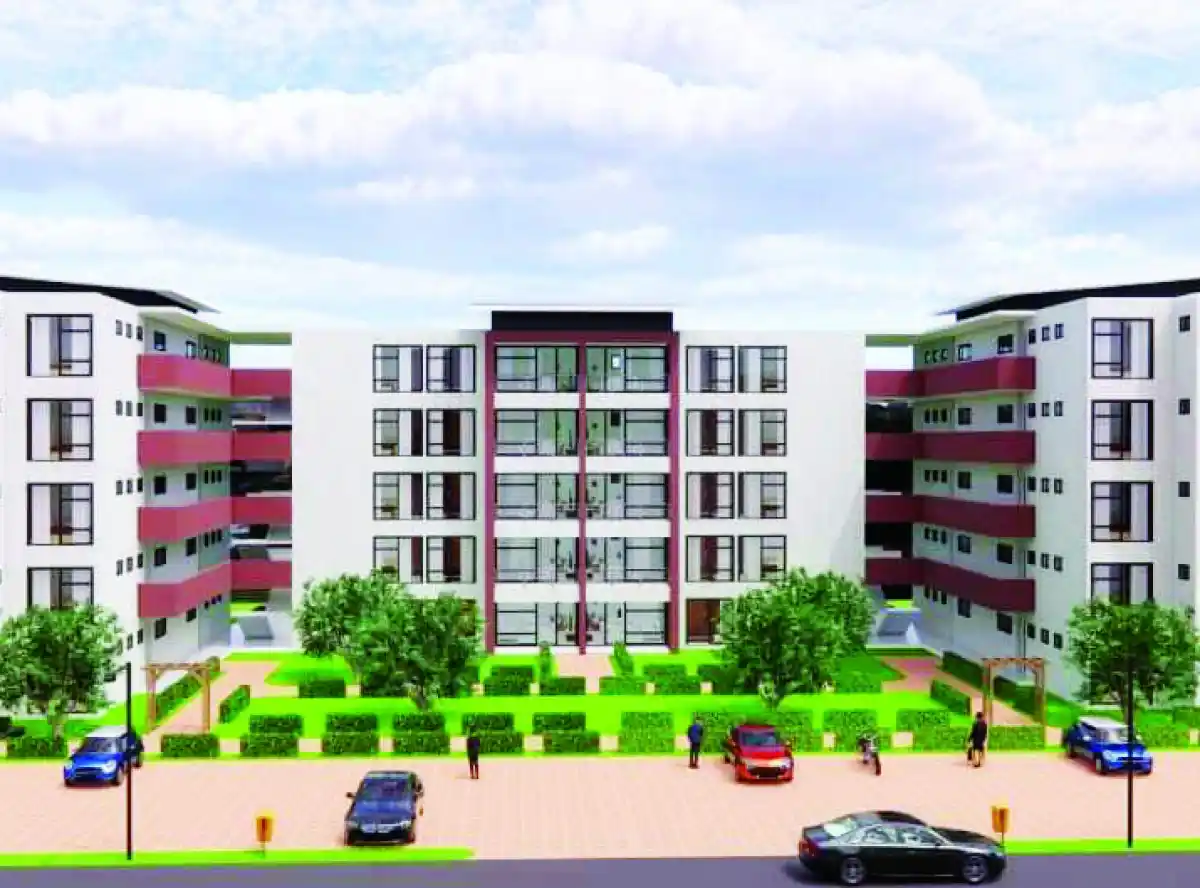
By Kingsley Jassi:
Malawi Housing Corporation (MHC) is optimistic it will construct 25 000 housing units in the next three years as it has advanced discussions with a strategic investor.
Recently, the state-owned company signed a preliminary Memorandum of Understanding (MoU) with a Kuwait company, Al Bader International for construction of up to 50 000 housing units under Project 250 drive in which the local company is expected to construct 250 000 housing units across the country.
According to MHC Communications Officer Ernestina Lunguzi, the Kuwait Company has since submitted a proposed joint venture framework with financing terms.
But the two parties have not concluded discussions yet.
“The MoU was signed and they [Al Bader International] have served us with the financing terms which we are currently examining,” she said.
Some of the houses will be constructed in Area 43 where MHC recently rescued land that had been encroached and had to demolish some structures under construction, following a court ruling.
There, Lunguzi said, MHC expects to construct high rise commercial and residential buildings and bungalows that are expected to significantly improve housing access in the capital city where demand for houses is high owing to rapid urbanisation rate estimated at about six percent.
“The project is expected to provide some economic benefits. Constructing 25 000 units in three years should be able to create thousands of jobs,” Lunguzi said.
Currently, the MHC said it has intensified security of the pieces of land in their ownership, saying they are putting up road networks ahead of construction to prevent encroachment.
At the Area 43 site in Lilongwe, the company had to fight through court to rescue 70 hectors of land that had encroachers developing and at least 20 structures were demolished.
As of 2020 Malawi had slightly over 4.8 million housing units, with MHC only owning about 6 000.
Meanwhile, MHC struggles to cope with ever increasing demand of houses in the urban areas and critics have always challenged the statutory corporation to explore several financing options for construction of considerable number of housing units as lack of affordable decent houses fuels informal settlements in the urban areas.
However, with the project 250, MHC says it hopes to increase its contribution to the housing industry as it aims to supply houses for government institutions, and be part of the secondary cities program, according to Lunguzi.
A property company, Knoght Frank, in its 2024 real estate market assessment, said there is a weak commercial housing industry in the cities with a thriving self-funded home construction.
“In Lilongwe and Blantyre, self-funded home construction continues to thrive, largely driven by unfavourable lending rates. However, the number of residential units under development is anticipated to decline rapidly this year due to a significant rise in construction costs,” said the company brief.
It further said elsewhere, economic challenges have dampened the prime residential leasing market, saying sluggish job creation rates have resulted in subdued demand and stable rental rates.








0 Comments